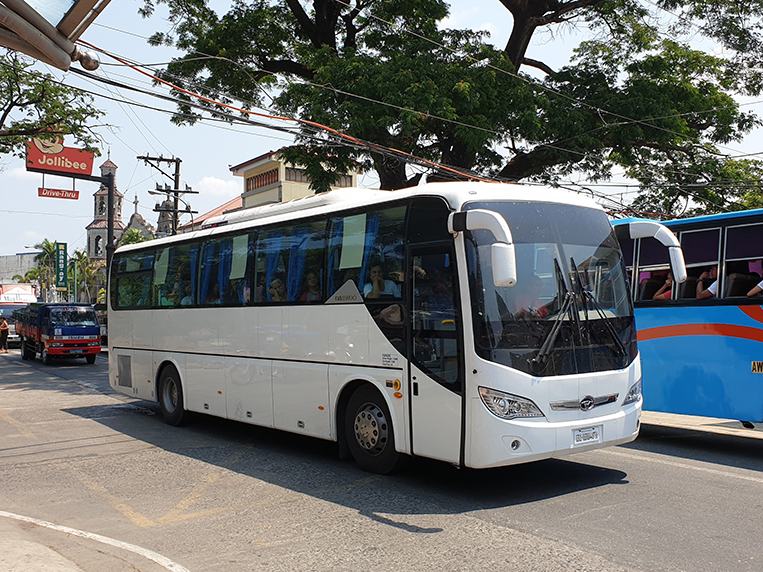
One doesn’t need to spend much time in the Philippines to see how commuters are being screwed. We’ve seen public transportation deteriorate in cities large and small across the country. While evidence has long borne out the blueprint for a better way forward—investments in walking, cycling and public transport—it has taken our government a long time to come around, and any Metro Manila commuter would be justified in asking if “public servants” know what to do at all.
On the horizon is something that can change all of that. On Wednesday, Senator Francis Pangilinan, in collaboration with the transport advocacy group AltMobility PH, filed a draft of a “Magna Carta for Dignified Commuting.” Akin to the “Air Passengers’ Bill of Rights,” the Magna Carta for Dignified Commuting lays out what commuters are entitled to for a safe, comfortable and convenient journey, regardless of what mode one can afford to take.
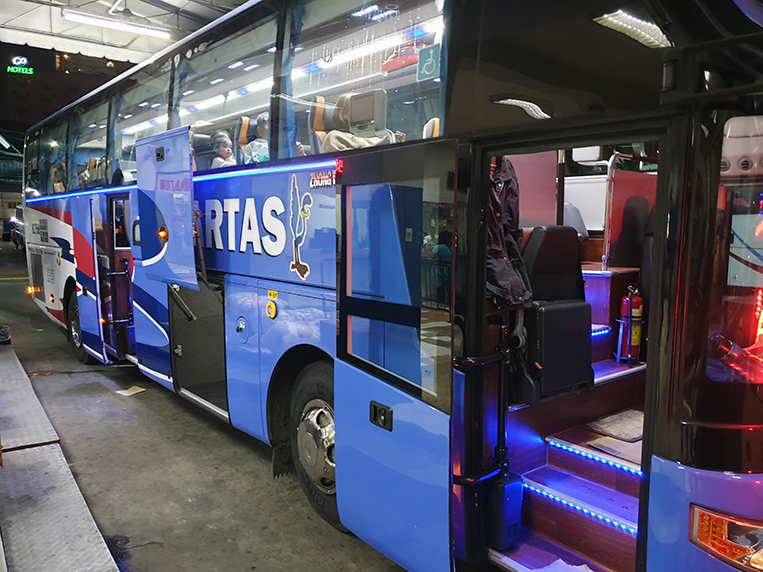
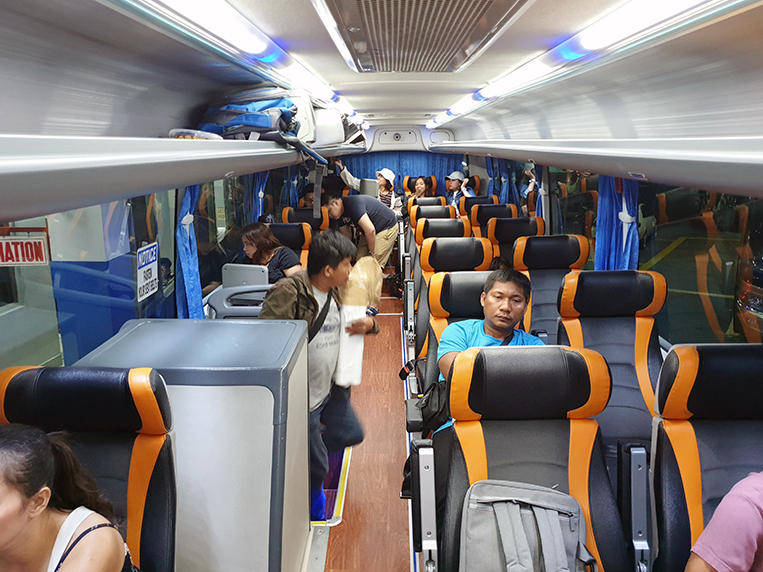
In a nation where useless legislation is almost redundant phrasing, the Magna Carta for Dignified Commuting looks to really shake up the landscape. Here’s a preview of some things that are in it:
1. Service standards for public transport. During peak hours, commuters will not have to wait more than 10 minutes to board a public transport vehicle. Public transport should sustain a minimum speed of 15km/h including all stops. These provisions will return thousands of hours to the lives of our commuters—hours stolen away by traffic. The Magna Carta for Dignified Commuting will ensure that public transport is available and abundant so that our cities can thrive.
2. Rights to clean air and safe streets. We know these things are important, but the Magna Carta for Dignified Commuting will ensure that the government doesn’t pass the buck on these issues anymore. People should be able to enjoy air and cities that don’t kill them.
3. A right to be represented and heard by government. For too long, the government has settled for perfunctory “consultations” with the “transport sector,” often represented only by the transport industry and other government agencies. Commuters have never been properly represented in any government consultations. The Magna Carta for Dignified Commuting will put an end to sham consultations that are scheduled when commuters cannot attend, and which tend to be mere chikahan sessions between transport operators and government officials.
4. More equal footing for non-car modes in transportation policymaking. Buildings will be required to provide racks for bicycles and electric scooters to encourage light mobility. When roads are renovated, they have to include proper sidewalks and bike lanes. This ensures that our land use becomes supportive of sustainable transport—something that’s all too often forgotten in our conversations.
A city that is more friendly to walking, cycling and public transport is a city that is better for everyone, even for people who drive cars
The Magna Carta for Dignified Commuting is not about oppressing car users. Instead, it recognizes something that we’ve been saying from the beginning here at VISOR: A city that is more friendly to walking, cycling and public transport is a city that is better for everyone, even for people who drive cars. Besides, many car users would probably like to use their car because they truly and freely choose to, not because they feel forced by an inhumane environment for walking, cycling and public transport.
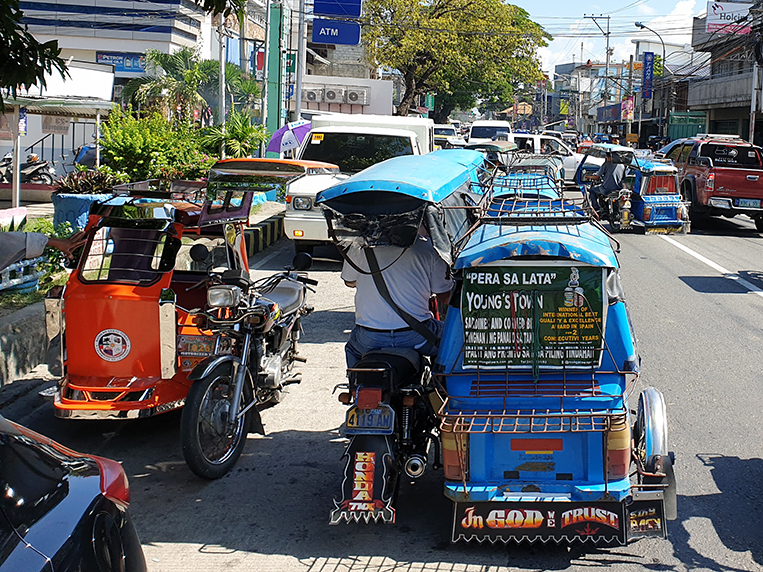
The Magna Carta for Dignified Commuting tasks any and all relevant agencies to meet these needs. No more finger-pointing about whose job it is to do what. And it will create the National Office of Commuter Affairs, giving ordinary citizens a way to hold officials of any level accountable for giving them a humane transport experience.
Filing the Magna Carta for Dignified Commuting is a big step, but it’s also just the first step. What we, the public, need to do next is make sure that our politicians look out for our interest as the bill passes through committee hearings. The ball will be in our court again soon. Let’s not drop it when it gets back to us.


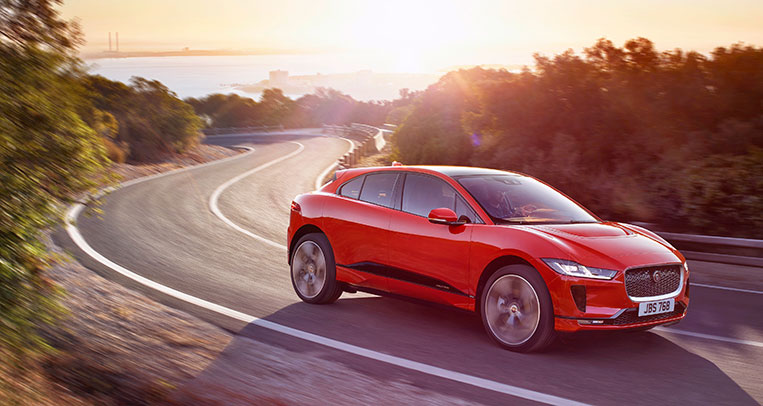
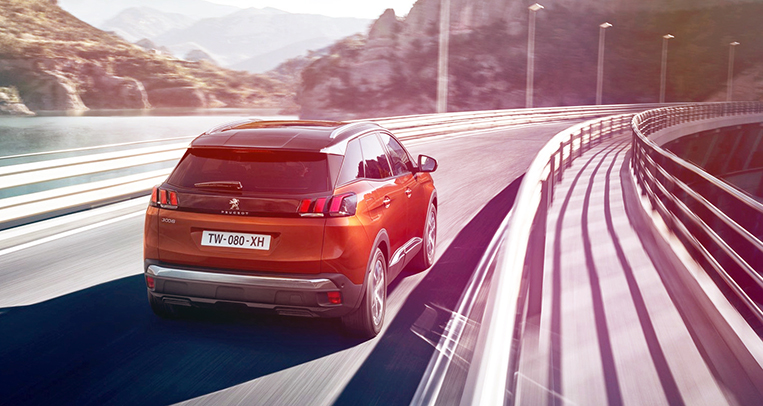

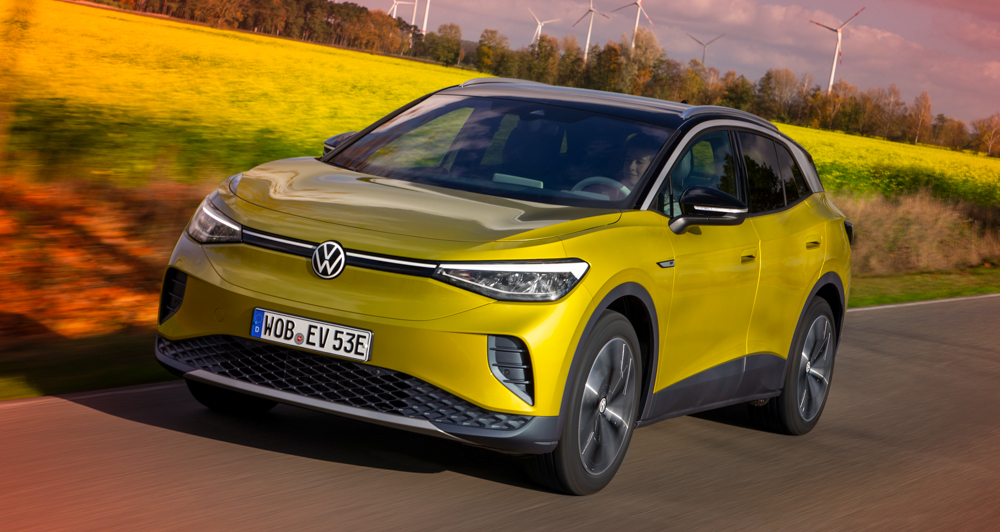
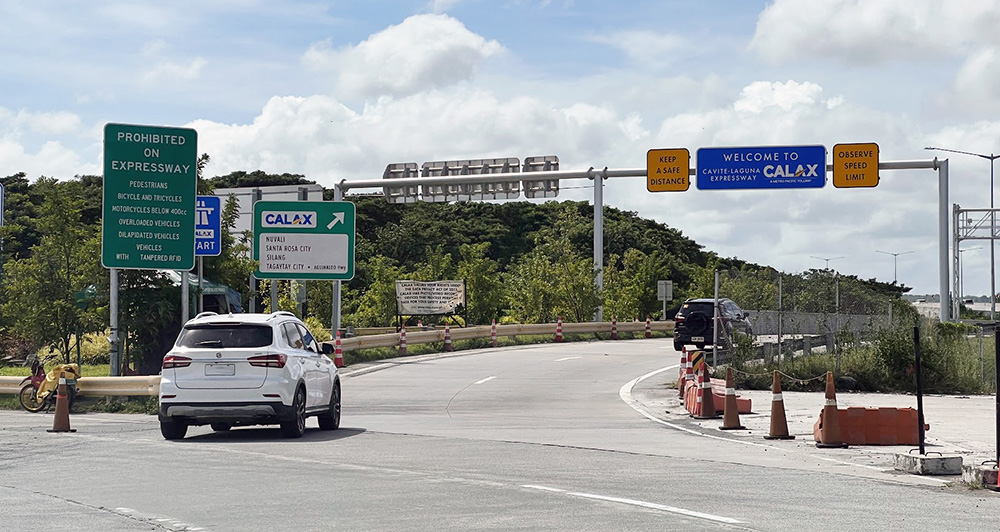
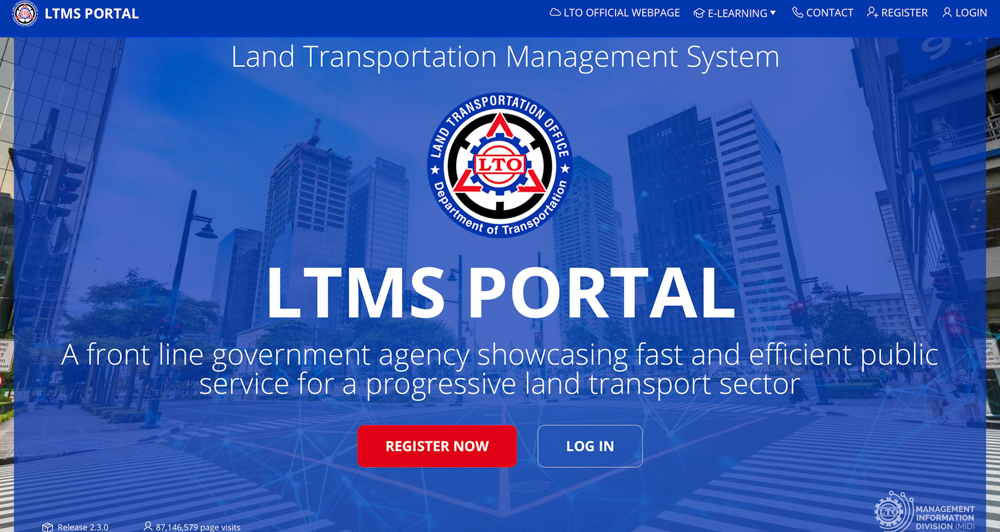


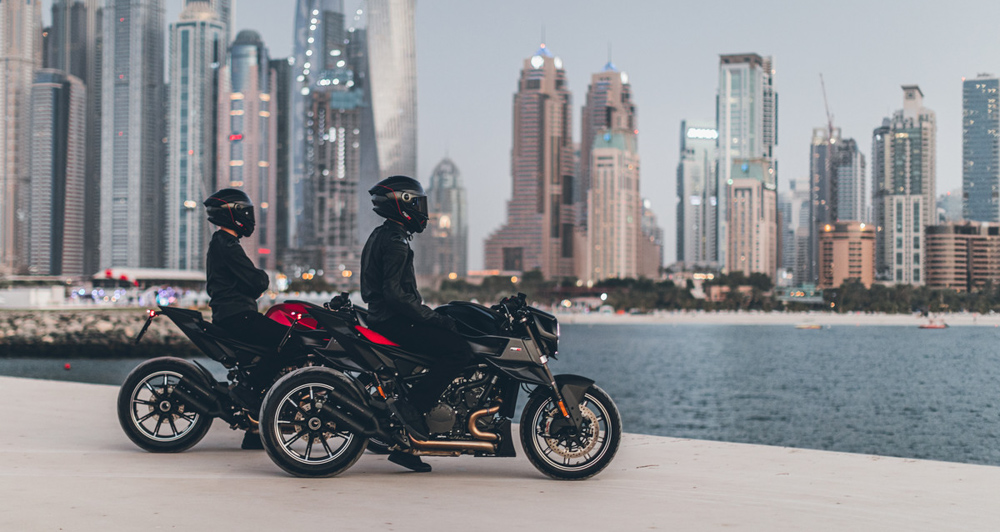
Comments